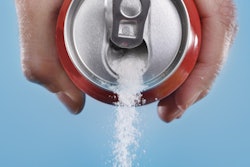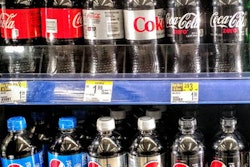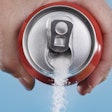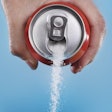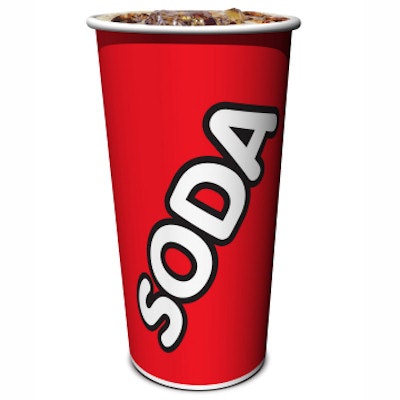
A law was passed in California on June 28 that bans cities and counties from imposing new soda taxes for more than a decade. Now two large healthcare provider organizations have teamed up to file a 2020 ballot measure to levy a statewide tax on sugar-sweetened drinks.
The ballot initiative's filers, the California Medical Association (CMA) and the California Dental Association (CDA), state that the tax will provide at least $1.7 billion in revenue for healthcare programs while constitutionally preserving the ability of California's local communities to make their own decisions regarding future soda taxes.
The ballot measure was the direct result of the beverage industry's actions, the two organizations noted in a press release.
"Big Soda may have won a cynical short-term victory but, for the sake of our children's health, we cannot and will not allow them to undermine California's long-term commitment to healthcare and disease prevention," stated Dustin Corcoran, CMA chief executive officer, and Carrie Gordon, CDA chief strategy officer, in the release.
Forcing the hand
The bill to ban soda taxes, AB 1838, was signed by Gov. Jerry Brown on June 28 and immediately prohibits local governments from adding a tax or fee on groceries until January 1, 2031, essentially requiring that any new beverage tax be enacted at the state level. While the bill prohibits local governments from adopting new soda taxes, it will not apply to California cities with existing sugary drink taxes, such as Berkeley, Oakland, and San Francisco.
The measure was backed by the American Beverage Association, which represents large sugary drink manufacturers, including Coca-Cola and PepsiCo. After the legislation was passed, business groups pulled a separate bill that would have made it harder for cities to impose any type of new tax.
This was a case of the beverage industry forcing the hand of California's leaders, according to the healthcare organizations.
"In the face of growing public support for local health taxes on sugar-sweetened beverages, the billion-dollar global soda industry put corporate profits ahead of public health and forced an ultimatum upon the leadership of California's state government," Corcoran and Gordon stated.
CDA Vice President of Public Affairs Richard Stapler explained in an email interview with DrBicuspid.com why the organizations had to wait until 2020.
"The filing deadline for 2018 has already passed," Stapler wrote. "In California, statewide ballot initiatives can only appear on general election ballots, [and] our next general election is in November of 2020."
While not specifying a campaign strategy, Stapler noted that CDA and CMA will work to educate voters.
"We anticipate fully engaging in an aggressive campaign to educate California's voters," he wrote.




